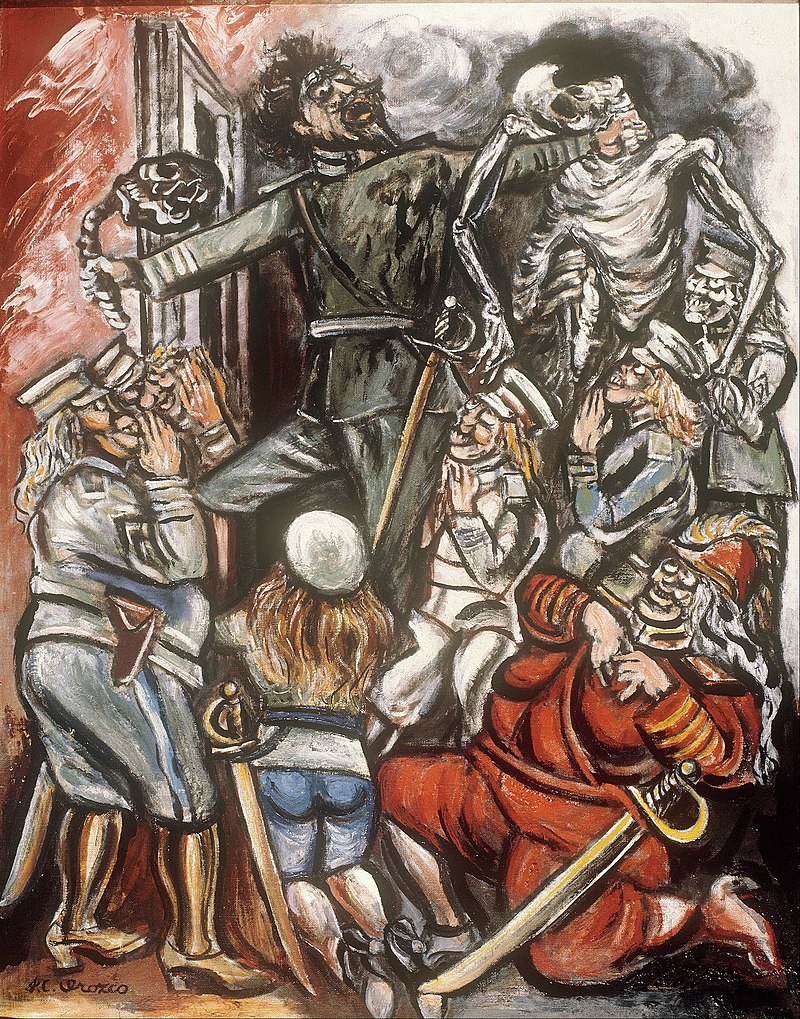Populism
Readings
Contents of this learning Unit focus on three articles and one book chapter. In addition to the contents of the Web-site you are supposed to read Chapter 4 in the textbook Mass Media and American Politics.
- Chapter 4: New and Politics in the Changing Media Landscape
The book chapter is from Francis Fukuyama’s Political Order and political Decay
- Chapter 5: Corruption
And these are the articles:
- Ch. Postel: American Populism, 1876-1896
- M. Morgan: A Cultural Sociology of Populism
- A. Schulz et al.: Measuring Populist Attitudes on Three Dimensions
Introduction
Following Aristotle’s classic “politics”, we distinguished three main types of government: monarchy, aristocracy and democracy.
We also discussed how the three types of government may degenerate.
The monarchy becomes a tyranny when that happens; the aristocracy degenerates into oligarchy; and the corrupted democracy ends up in the hands of demagogues.
In this introductory video we discuss how democracy may degenerate and what happens when that happens. Plus, we mention some parameters that could help us assess the solidity of a democratic system.

Corruption
Francis Fukuyama dissects the different forms of corruption in a democratic system. Corruption is for this author “the appropriation of public resources for private gain”.
Based on this definition, we analyze in the video the difference between individual/private corruption and systemic corruption. We finish with the difference between the two main forms of systemic corruption according to Fukuyama: Patronage and Clientelism.
Degeneration of Democracy
Aristotle defined the degenerated state of the democracy as demagogy.
We defined a demagogue as someone who takes power from the mob – and governs for the mob. No wonder, then, that demagogues end up resembling the mob in the way they talk and act.
In contemporary politics, the word demagogy is not as frequently. Instead, media and intellectuals talk about “populism”. Characteristic of populist politicians, according to most authors who deal with the subject, is the reduction of complexity.
Populists, they say, reduce the complexity of social and political issues. And they offer simple solutions to complex problems – which will always make those problems worse.
In the following video, we discuss to what extent this statement can be used to define the term populism.
Populism: Etymology
The word populism comes from Latin “populus” (genitive “populi”), which literary means the people.
In the following video, we go back to the original use of the word “populism”.
It may that surprise you that, in its origin, the term did not have any of the negative connotation we now associate to it. Quite the opposite.
Populism, Now
In this video, I break down the concept of populism identifying three common defining features that have been highlighted by some authors:
- Populism as ideology,
- populism as irrational politics, as opposed to rational politics,
- and populism as a binary conception of the political landscape.
Three Dimensions of Populism
In the last video of this learning unit, I analyze sophisticated approach to understand populism not as a unidimensional phenomenon, but as a multidimensional one.
This multidimensional approach should also help identify populism in left, right or even centered political movements.
The three dimension of populism are:
- Anti-Establishment attitudes
- The believe in the supremacy of popular sovereignty
- The faith in the homogeneous virtue of the people
